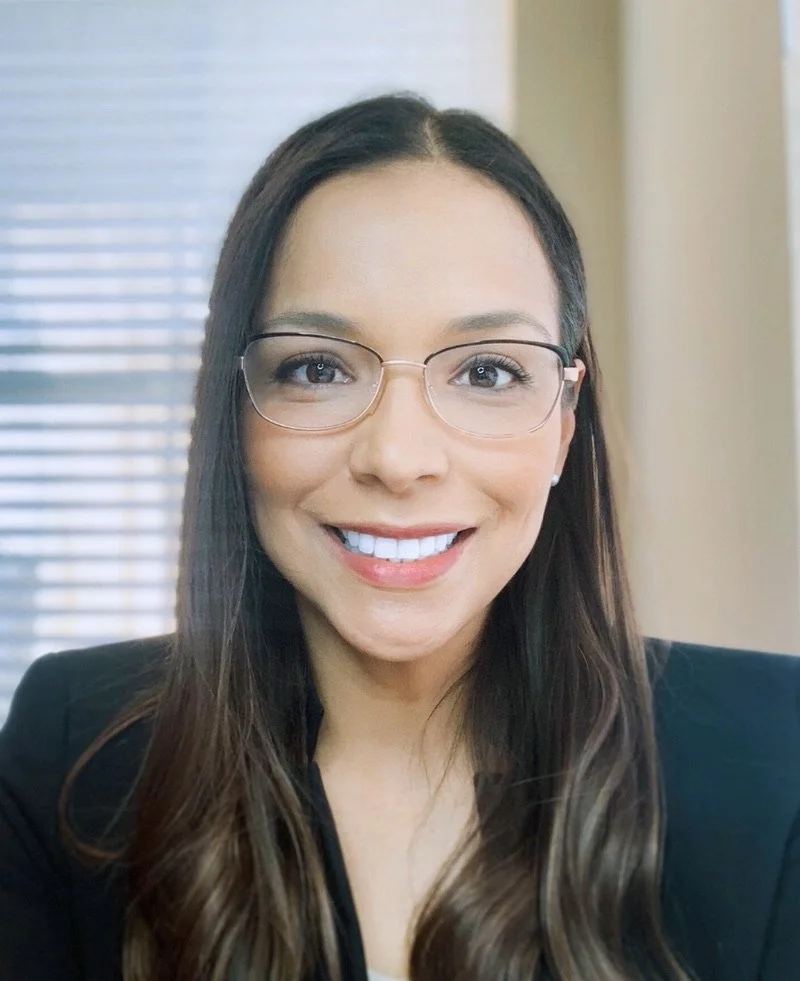How a Dental Hygienist Became a Passionate Public Health Leader
By Jeannette Diaz, MPH, MS, RDH, RDHAP
Growing up, I did not visit the dentist for routine dental care. Often, my visits to the dental office were because of dental pain instead of preventive check-ups. When I began my journey in dentistry, I knew nothing about oral health and even less about the role of the dental hygienist. My initial interest in dentistry was simply related to esthetics, for example, having a nice smile. I wanted to pursue a career in health care but never considered dentistry as part of health. Eventually, I discovered the connection between oral health and overall health, and this is what inspired me to become a hygienist. Soon after I entered the profession, I realized there were many barriers preventing people from accessing dental care and this is what fueled my passion to pursue public health.
My dental hygiene training was foundational for embracing the idea of delivering oral health in a community setting. The program I attended was different from others in that we did not have our own dental hygiene clinic. Consequently, we traveled to a variety of clinics for our hands-on clinical experience. We had rotations at several county facilities, pediatric clinics, and veterans’ hospitals. Additionally, we engaged with local schools, nursing homes, and group homes for people with developmental disabilities. As you can see, I grew accustomed to packing up my dental equipment and being on-the-go.
My first job as a dental hygienist was in a dental office that served children and adolescents with autism. While my dental hygiene training included various settings and caring for people with complex medical needs, I received little to no education on autism. There were times I felt nervous about working with some of my patients, especially if they were non-verbal or presenting with high dental anxiety. I now recognize these feelings stemmed from a lack of familiarity. Looking back, what helped me the most was being flexible and open to suggestions. Providing individualized care just like I would to any other person was fundamental. Learning about my patient’s preferred communication style, strengths, likes, and dislikes were important for connecting and building trust. Families and caregivers were essential in helping me to better support their loved ones. The lessons learned from working in my first office were valuable and I continued to build upon these experiences.
Over the years, I went on to work in other dental offices and volunteered extensively in the community. Some of the obvious barriers to care for people with disabilities I have observed are a lack of universal design and our attitudes. Accommodating my patients’ needs has meant being willing to ask questions and to be coachable. I also had to acknowledge my own bias and self-limiting beliefs. One key takeaway is the importance of identifying and reducing stress. Being intentional about getting to know my patients and celebrating their successes have resulted in positive outcomes. Although, I have been able to assist in improving the dental experience of those going to the dental office, I often wondered about those who could not reach me. Fortunately, as a hygienist licensed in California, I decided to seek additional training and became licensed as a Registered Dental Hygienist in Alternative Practice. This licensure allowed me to start my own portable dental hygiene practice and deliver in-home dental hygiene services to older adults and people with disabilities. Still, there is a need for increased awareness and collaboration to bridge the existing gaps.
In 2021, I transitioned into a non-clinical position working in my state’s disabilities agency. Navigating this new role has allowed me to examine the complexities contributing to existing disparities through a new lens. As I reflect on my journey in dental hygiene, I have chosen a non-traditional path driven by the needs of others. Enhancing health equity for people with disabilities requires us to be committed and action oriented. Removing barriers involves collaboration and systems change. Our capacity for self-reflection and our willingness to have honest conversations to initiate change are essential. Most important, we must seek guidance and expertise from people with lived experiences.
About the Author
Jeannette Diaz, MPH, MS, RDH, RDHAP is a keynote speaker, alternative practice dental hygienist and public health educator. She owns and operates a portable dental hygiene practice which primarily serves older adults and people with complex medical needs. Jeannette was a recipient of the 2021 Sunstar RDH Award of Distinction. Jeannette works as a dental liaison for the California Department of Developmental Services and is adjunct faculty at MCPHS Forsyth School of Dental Hygiene’s graduate program.

